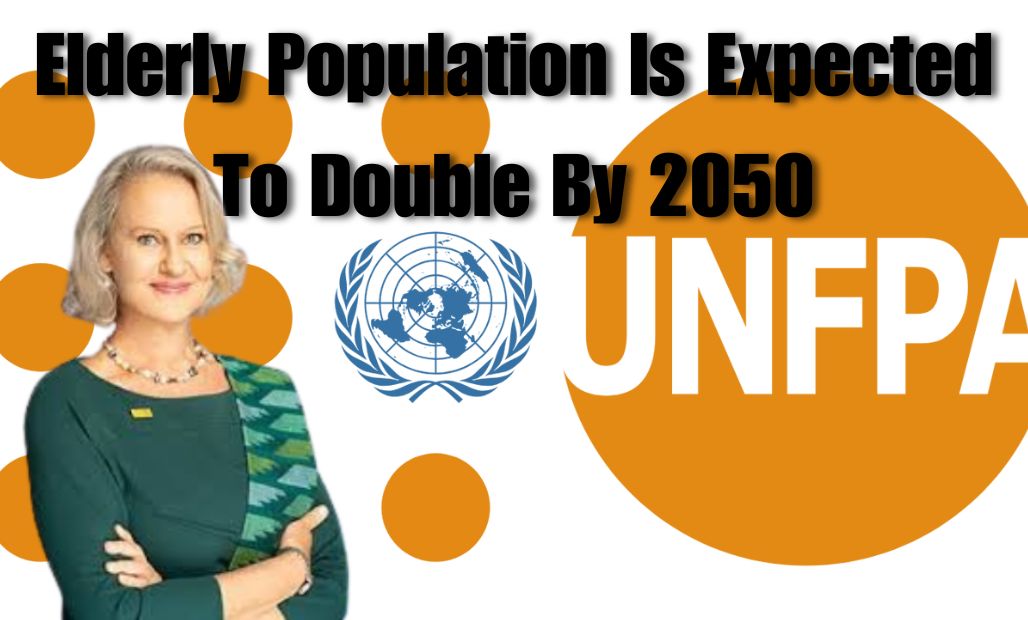Andrea Wojnar, the UNFPA India chief, said in an interview with PTI on Sunday that India’s elderly population is expected to double by 2050. She noted that elderly women are more likely to live alone and face poverty. With the Union Budget 2024 being presented on Tuesday, Wojnar emphasized the importance of investing in healthcare, housing, and pension schemes.
Full Story:
The population of individuals aged 60 and above in India is projected to double, reaching 346 million by 2050. Wojnar, pointed out a significant demographic shift from rural to urban areas, stating, “With India expected to be 50 percent urban by 2050, developing smart cities, robust infrastructure, and affordable housing is essential to manage the growth of slums, air pollution, and environmental challenges.”
Source: UNFPA India
Wojnar emphasized that urban planning must address the unique needs of women, including safety and security, access to healthcare, education, and employment opportunities. These considerations are crucial for promoting gender equality and enhancing the overall quality of life for all citizens. By focusing on these aspects, India can create inclusive urban environments that support the well-being of its aging population and foster sustainable development.
Andrea Wojnar highlighted the impacts of climate change on demographics, particularly its effects on reproductive health. “Climate change can affect reproductive health, making it harder to conceive, causing pregnancy complications, and limiting healthcare access during emergencies. Addressing these issues is key for gender equality and sustainable development,” she said.
Wojnar also pointed out certain challenges in the implementation of the national family planning program. According to the latest data from NFHS-5 (2019-21), 9.4% of family planning needs remain unmet, and 7.5% of pregnancies are unplanned. She emphasized the importance of this year’s theme, which supports efforts to improve access to contraceptives and family planning resources, particularly in high-need areas.
Expanding on these points, Wojnar stressed that addressing the reproductive health impacts of climate change requires a comprehensive approach that includes improving healthcare infrastructure, ensuring access to necessary medical services during climate emergencies, and educating communities about the risks and mitigation strategies. By focusing on these areas, India can better support the reproductive health of its population and promote sustainable development.

Source: UNFPA India
Furthermore, enhancing the national family planning program involves not only increasing the availability of contraceptives but also ensuring that individuals have the necessary information and support to make informed decisions about their reproductive health. This includes targeted interventions in regions with the highest unmet needs and unplanned pregnancies, as well as broader efforts to integrate family planning services into the overall healthcare system.
Wojnar’s remarks connect the effects of climate change, reproductive health, and sustainable development. By addressing these challenges, India can work towards a healthier and better future for all its citizens.
Read Also:
Carbon Emissions: The Polluting Rich and Their Surreal Denial of Climate Change



















































































